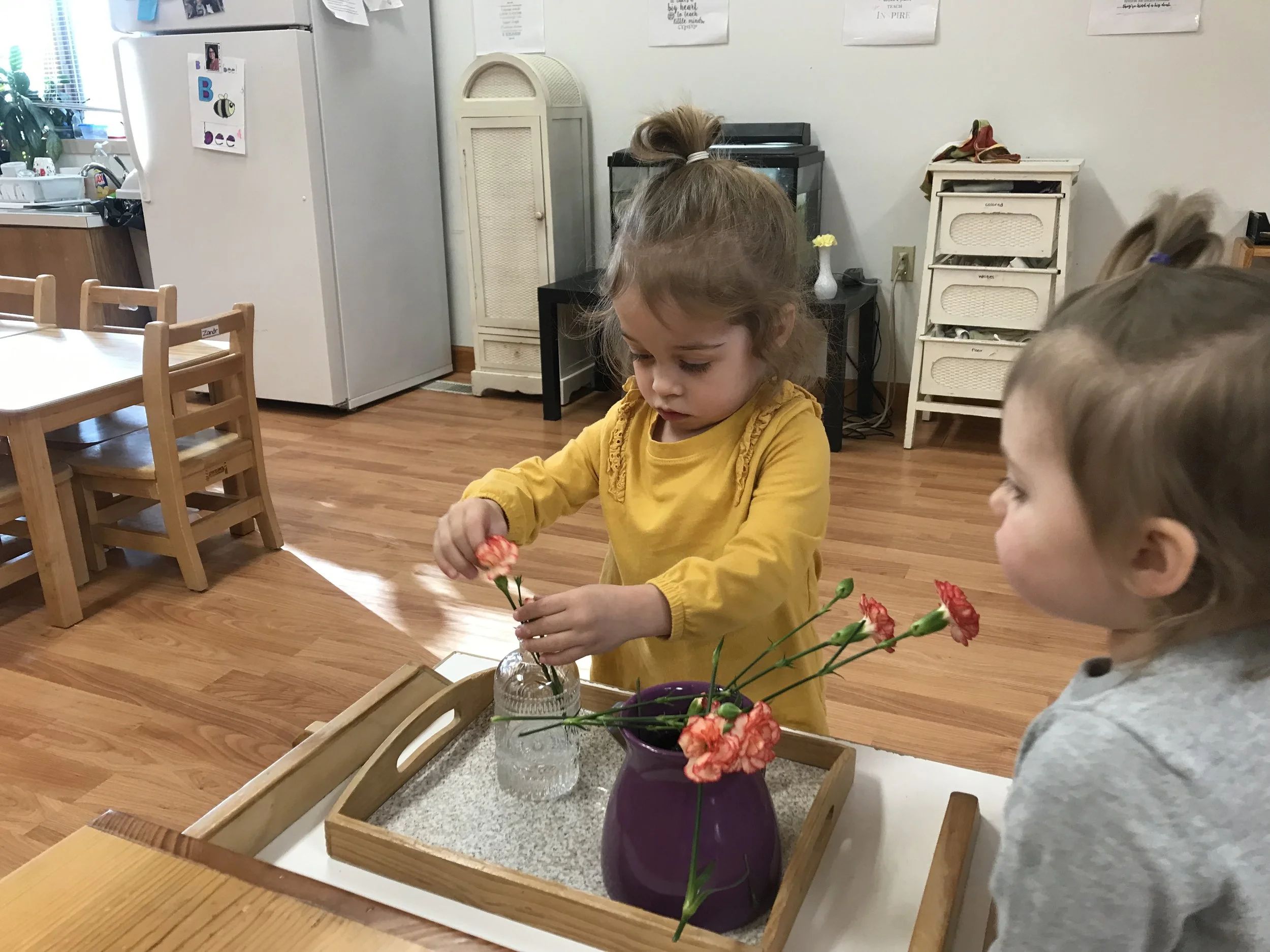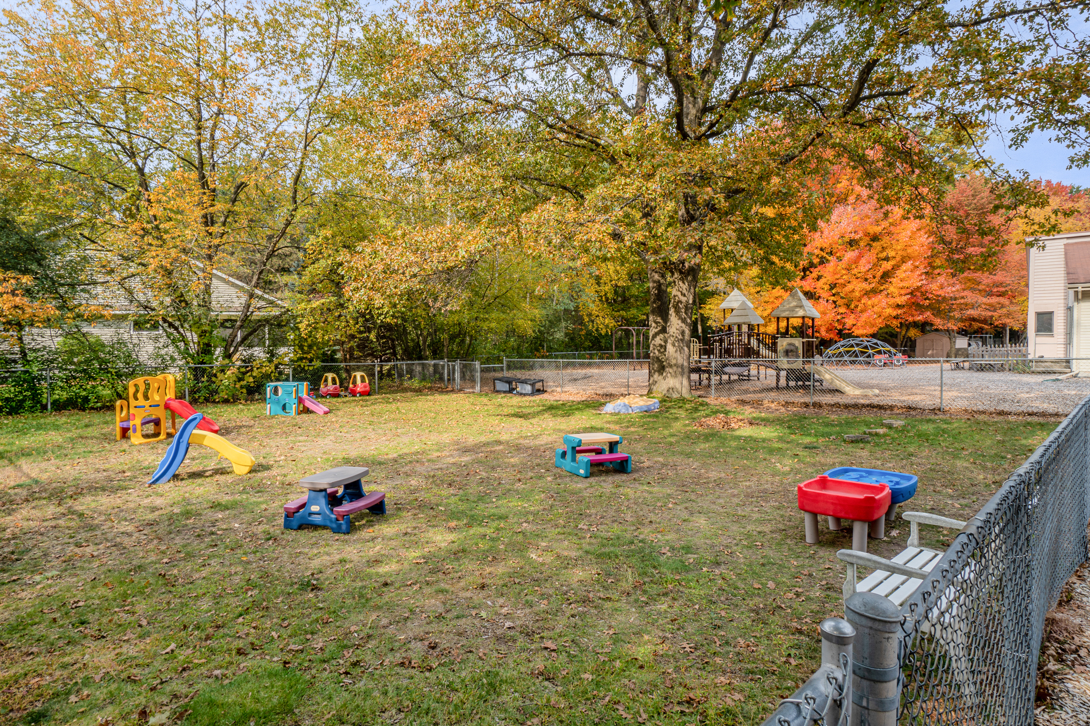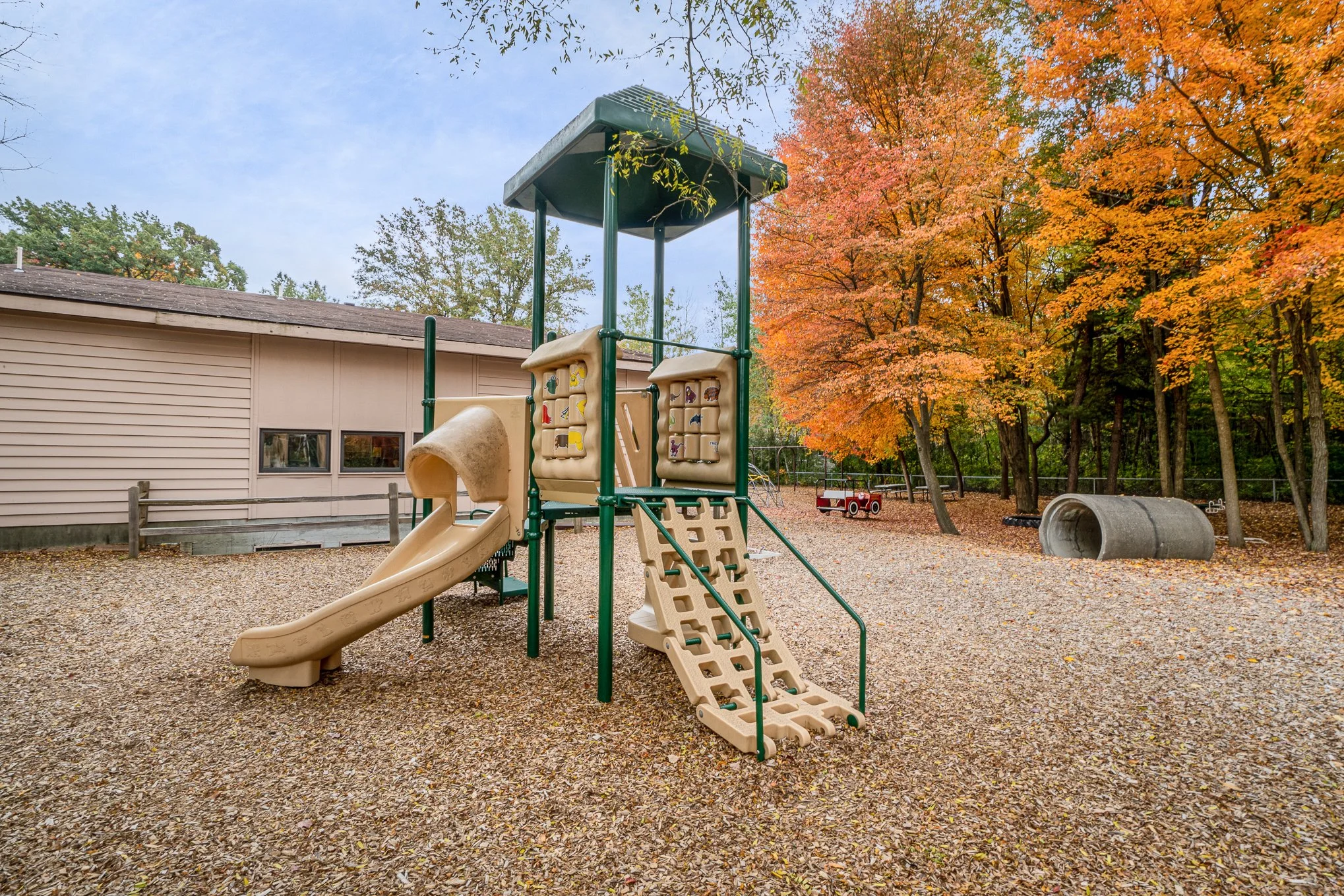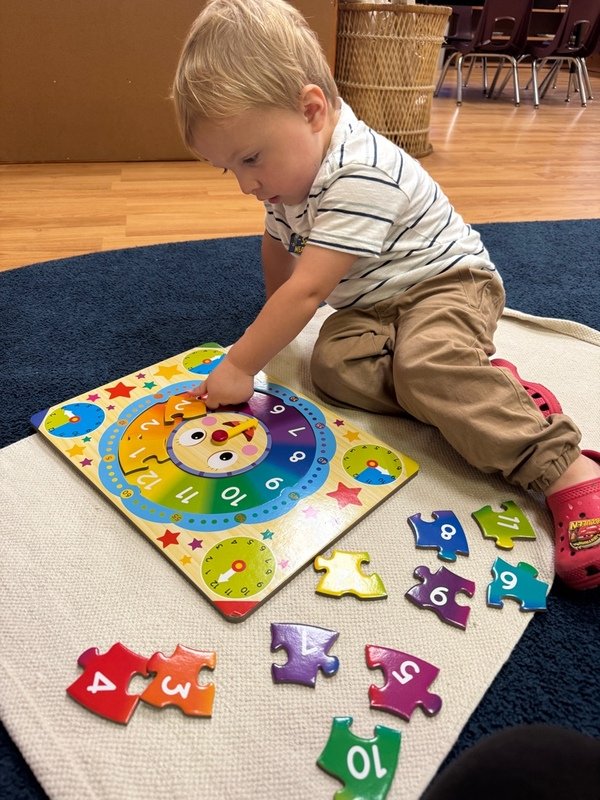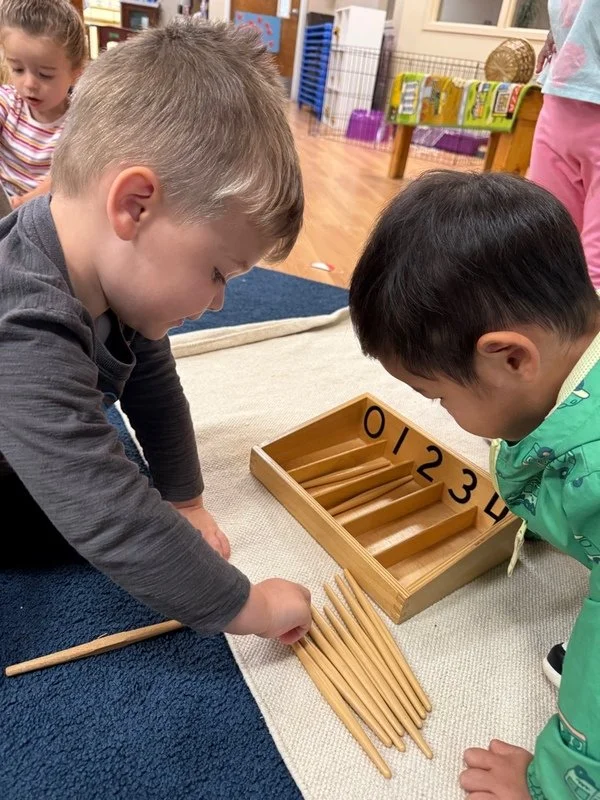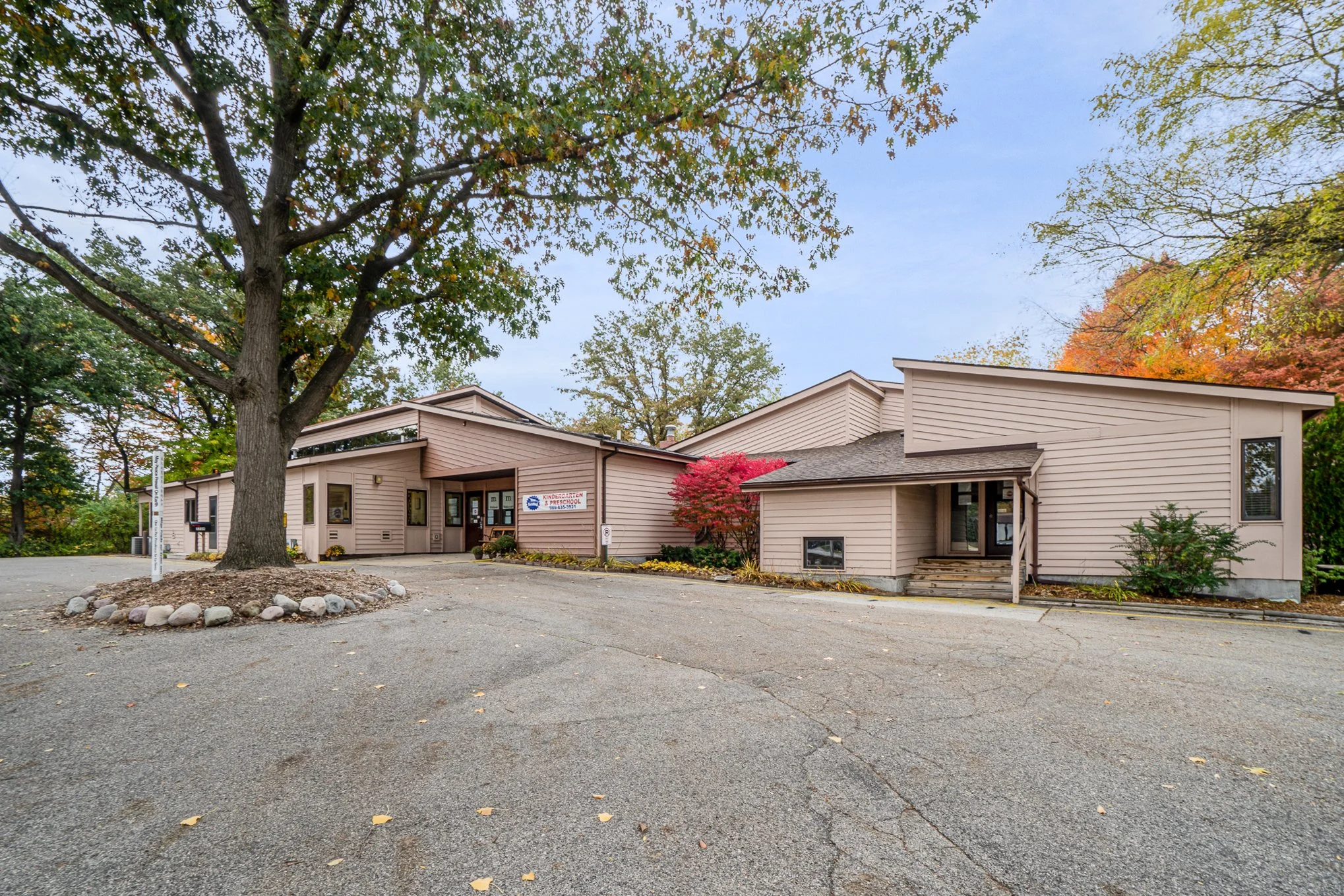
A non-profit organization
Materials with a purpose
Montessori materials are designed to have a clear educational goal, whether it’s refining the senses, practicing math, or building language skills.
Age-level learning
Our programs are curated for five different age groups, so every learning offers the appropriate level of engagement for your little ones.
Grow their creative confidence
Each creative activity prompt is an opportunity for your child to embrace a new challenge. Through hands-on learning, your child is more likely to remain engaged and to build upon their creative problem-solving skills.
Activities you can work on together
While our programs encourage your little ones to become better independent learners, we’ve also included special opportunities for you to work together.
